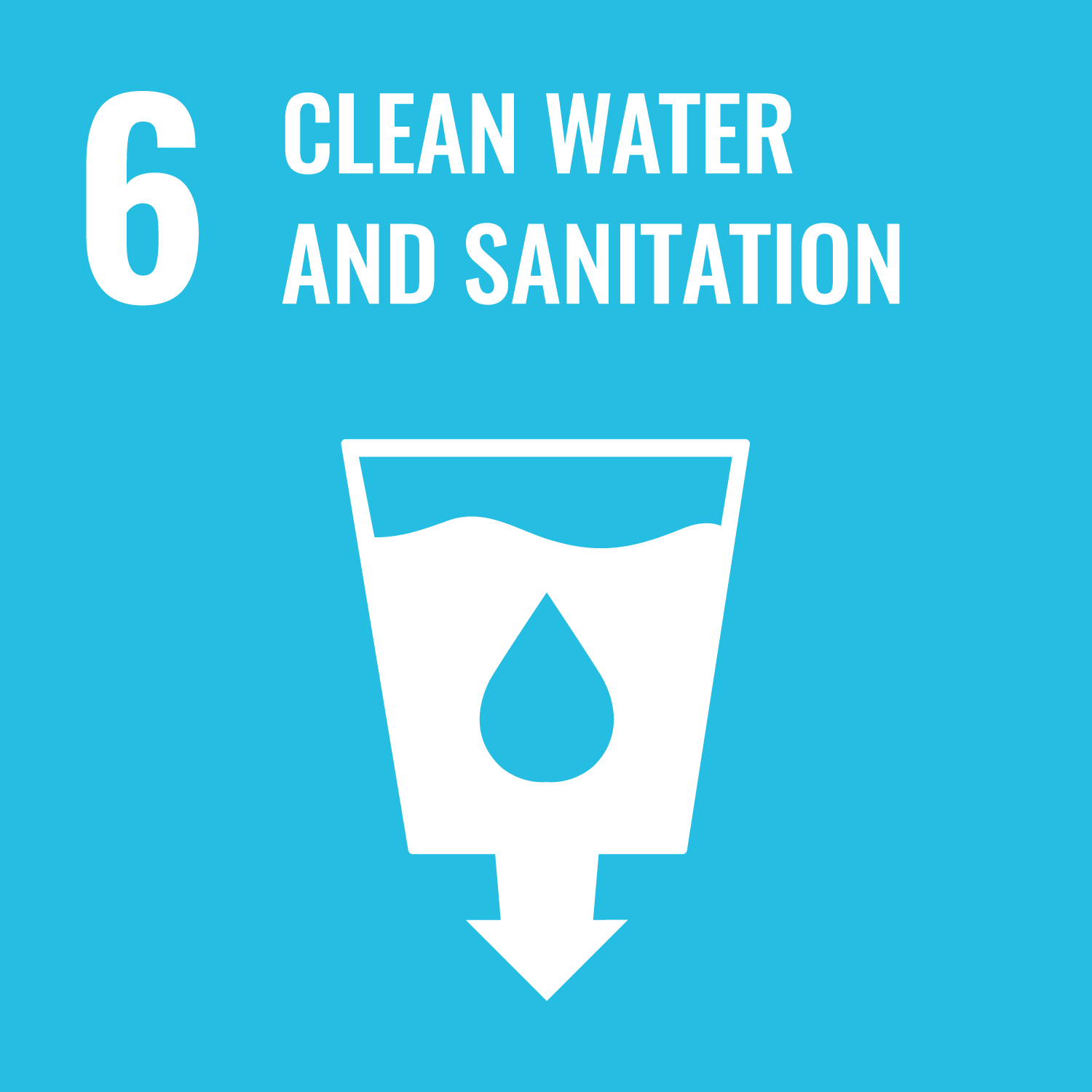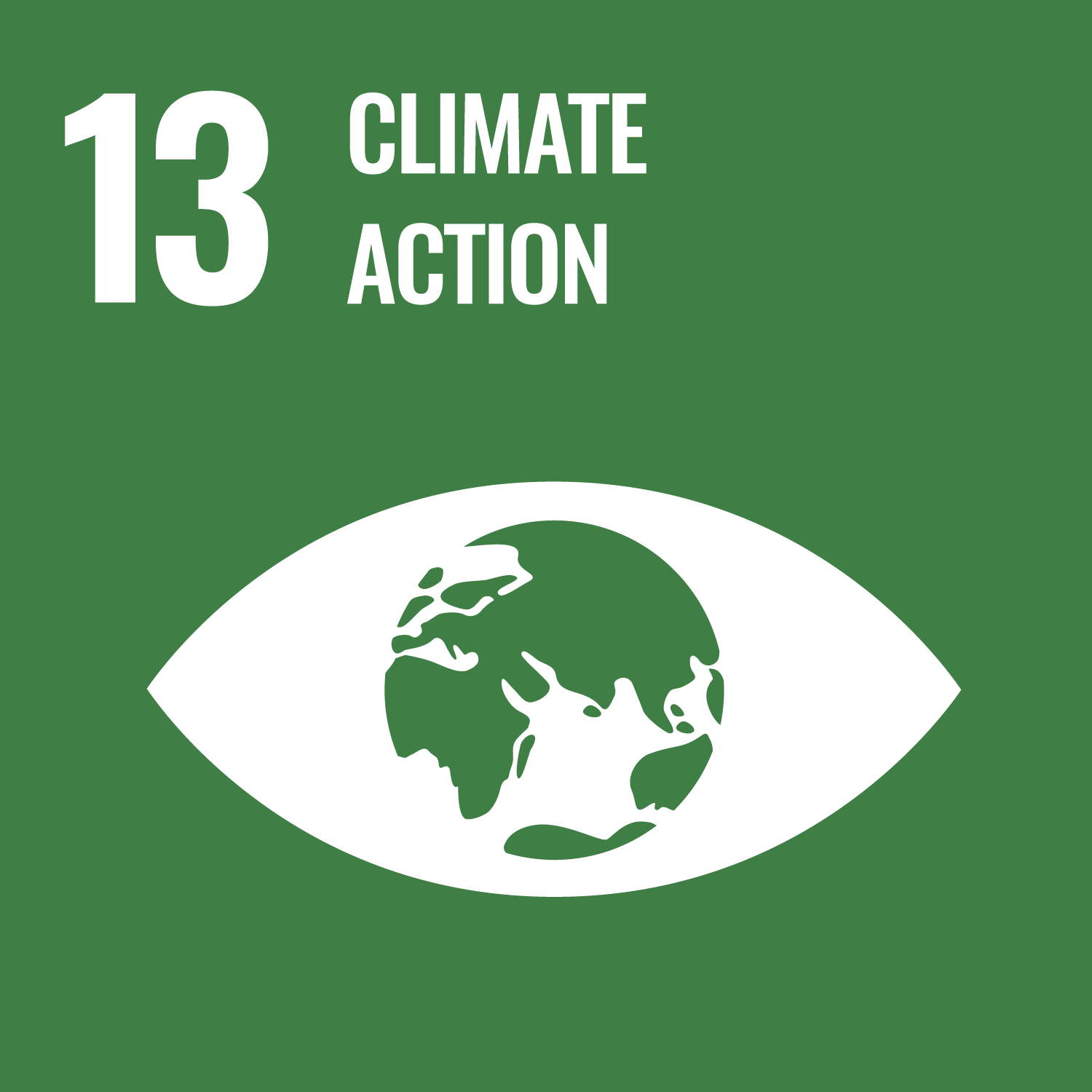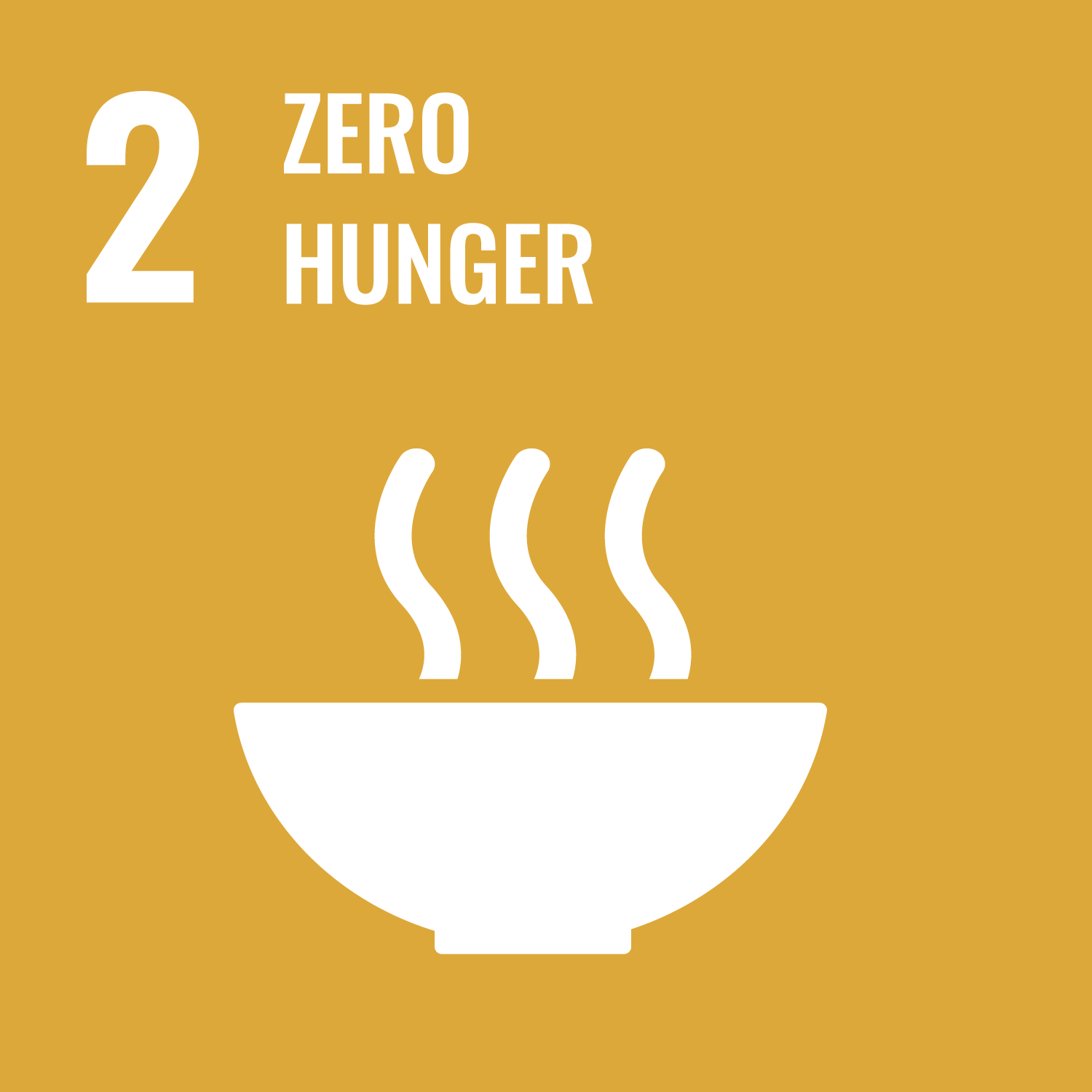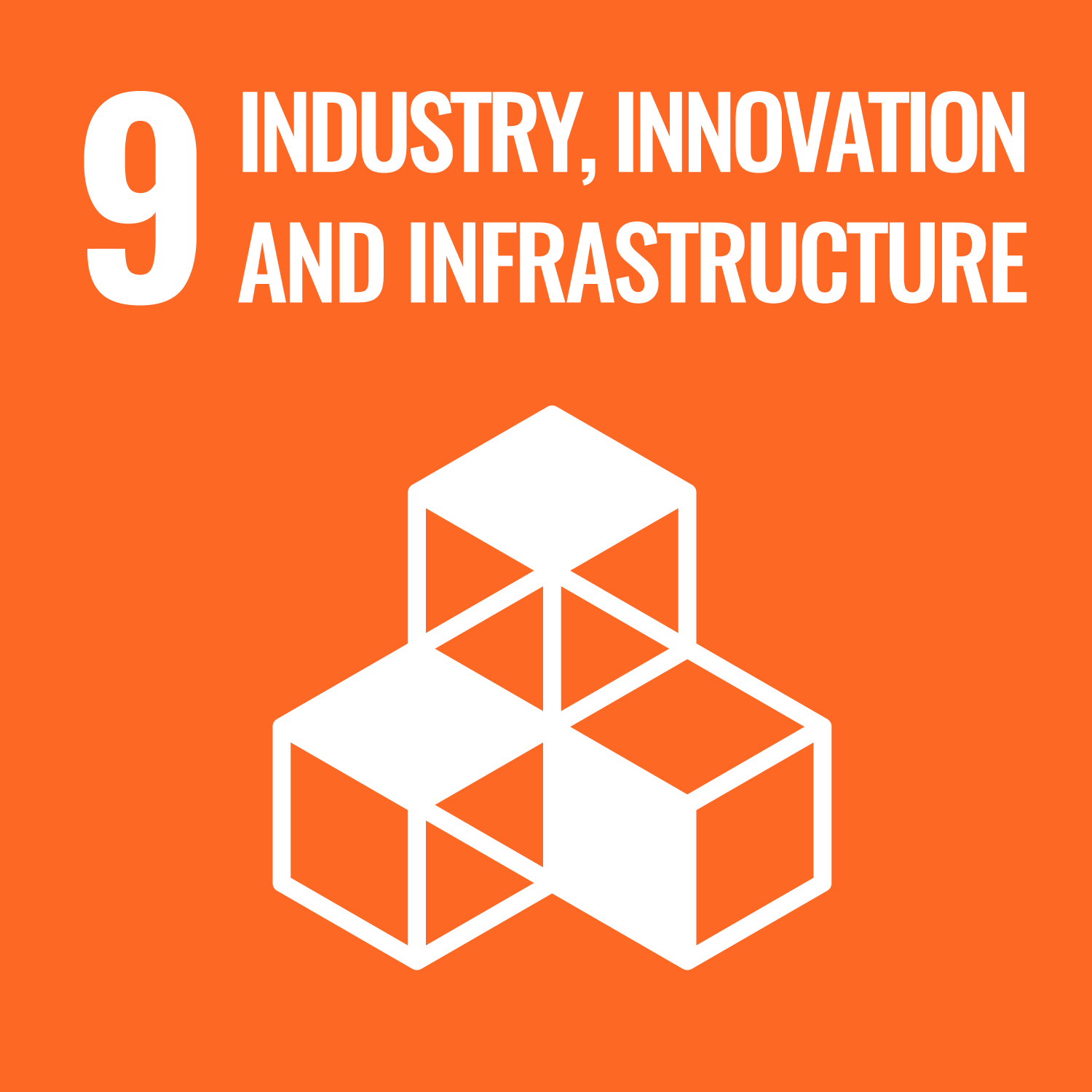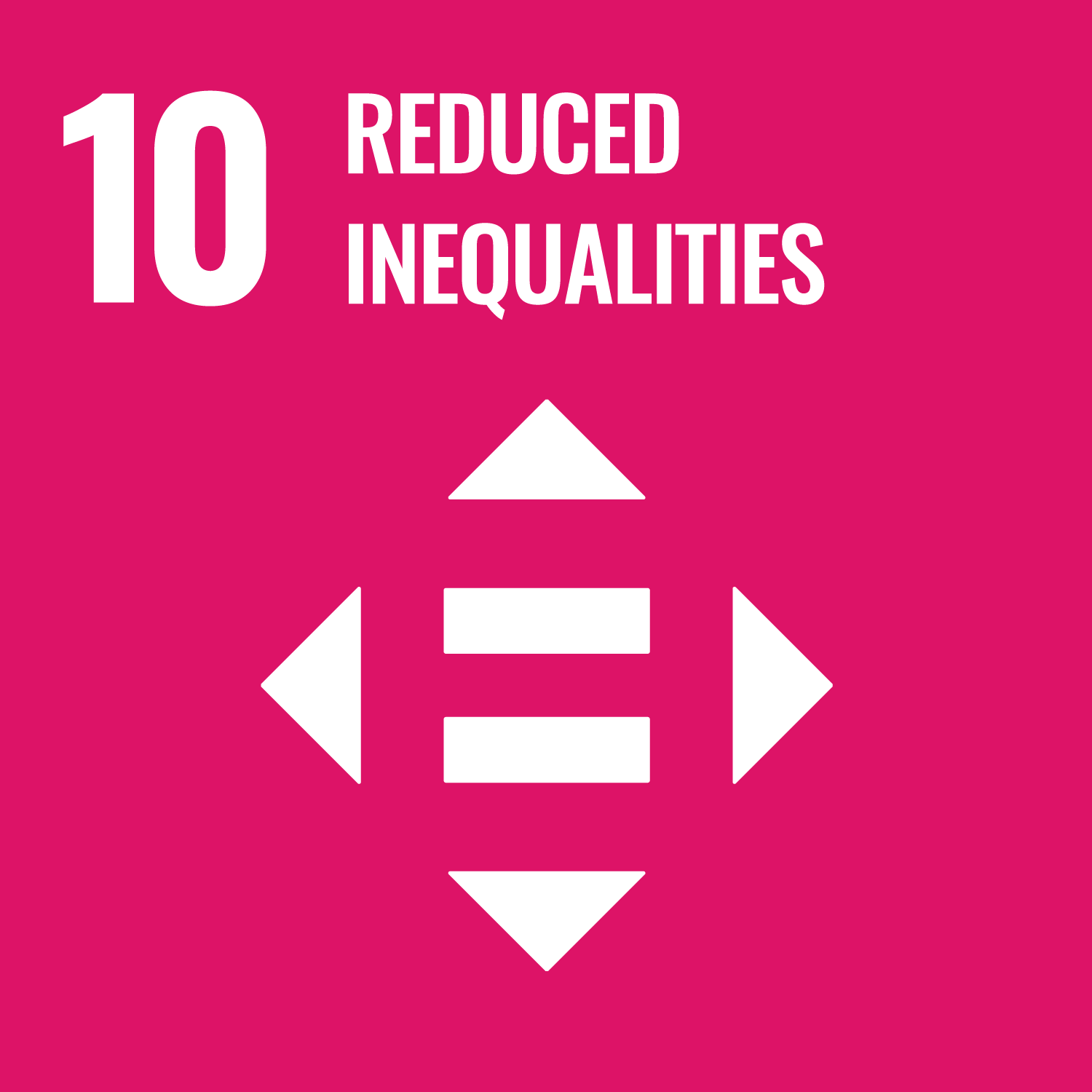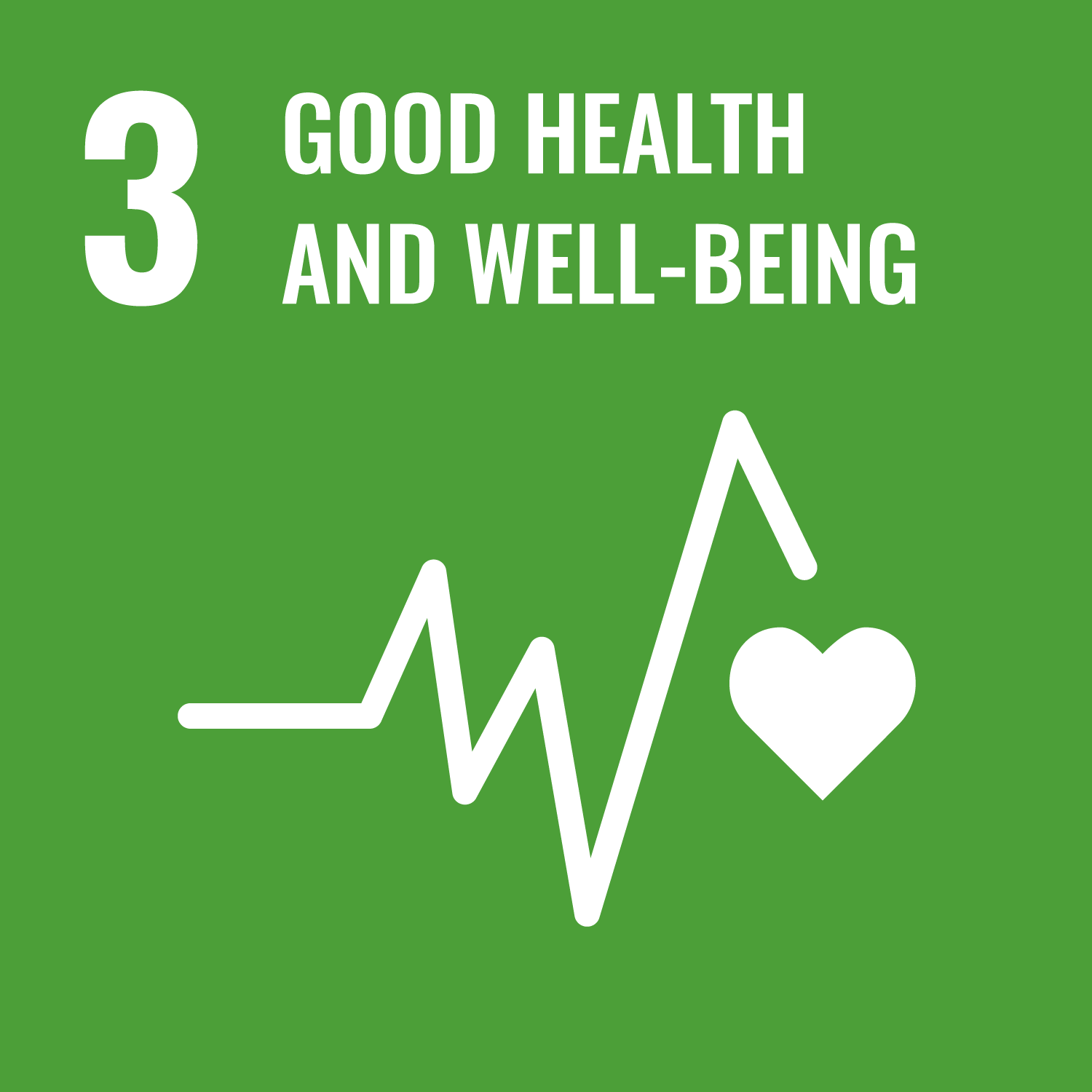
Seas and Ocean
Understanding sea and ocean to promote sustainability and ecosystem health

OGS - always at the forefront of sea-related research - carries out widespread characterisation of the state and variability of environmental conditions, biodiversity and the functioning of marine ecosystems.
Thanks to the diversification of its expertise in the oceanographic field, OGS offers an ecosystem approach to the study of sea and ocean, from the design and implementation of multidisciplinary observation campaigns, to model analysis and synthesis, to the transformation of data into knowledge and decision support, also for operational purposes.
The international role of OGS in the field of marine sciences has received further recognition and the institute has been called upon to represent Italy in high-level strategic committees. OGS has also actively contributed to developing strategies in line with the recommendations of the European Commission for Blue Growth and more recently in adopting the Sustainable Development Goals established by the 2030 Agenda and the UN Decade of Marine Sciences for Sustainable Development (2021-2030).
The concentration of expertise in different sectors in a single organisation is also a winning element in responding to requests for consultancy from the public administration or local authorities, but also from small and large businesses.
Oceanographic studies have important applications, especially in large exploration projects for environmental characterisations carried out to set up large infrastructures, such as submarine oil pipelines and telecommunication cables.
OGS has strengthened its international position by participating in research projects and actively contributing to the development of research infrastructures within ESFRI.
The activities carried out in recent decades have allowed a constant technological update thanks to the supply of innovative instrumentation and the development of state-of-the-art skills, infrastructures and cyberinfrastructures. The Oceanographic Calibration Center (CTMO) and the National Oceanographic Data Centre (NODC) are just two of the many examples supporting this.
The oceanographic modelling component has been significantly enhanced, consolidating its skills in developing, applying and analysing numerical models and analysis algorithms for the targeted study of the various processes contributing to ecosystem dynamics, with theoretical, applicative and operational values (e.g. sea state forecasts).
The international role of OGS in the field of marine sciences has received significant recognition and OGS has been called upon to represent Italy in high-level national and international strategic committees.
OGS has also consolidated its leadership position in observation activities carried out with robotic systems (fixed buoys, floating buoys, submarine gliders, etc.) which are nowadays grouped as integral elements of marine observing systems (integrated multi-platform network systems for real-time observation of the state of the oceans), actively contributing to defining strategies for a process of integration of such infrastructures in observing systems.
The ‘Sea and Ocean’ mission is developed according to 5 scientific priorities that cover the different areas of expertise of the institute:
- Ecosystem functioning and biodiversity;
- Observation and prediction;
- Climate change and ocean acidification;
- Pollutants and plastics;
- Sustainable ecosystems and blue economy.

